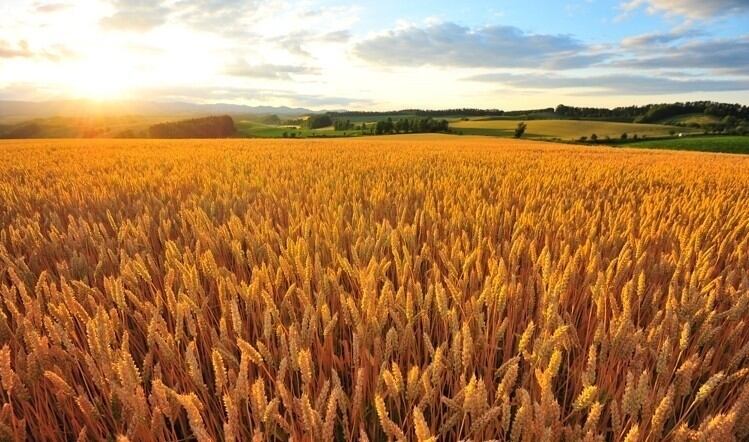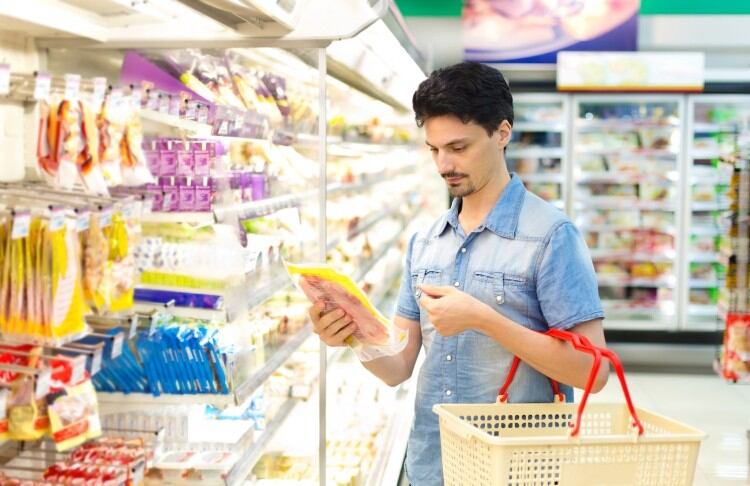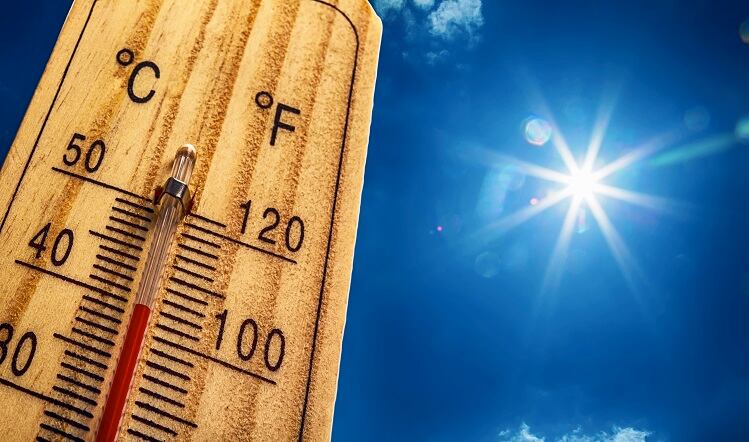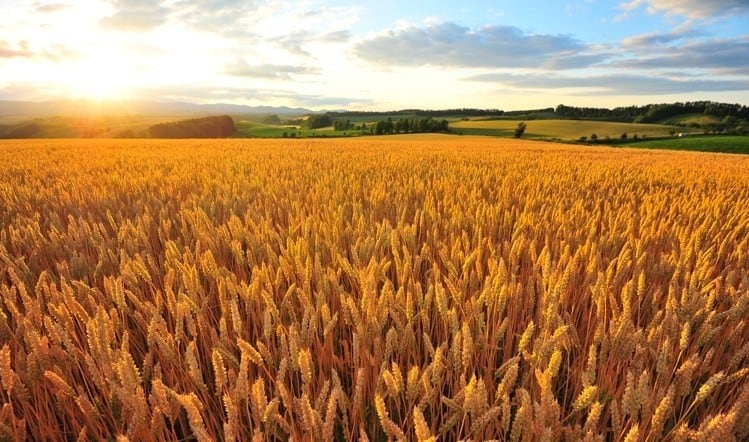It said that disruptions before Russia invaded Ukraine such as the Covid-19 pandemic, supply chain strains and climatic events were already pushing up prices.
And it found that while a deal signed on 22 July to free approximately 20m tons of grain stuck at Black Sea ports had brought “some relative relief” to the market there was still an “elevated risk” caused by bottlenecks and the fact that Ukrainian grain, which has been sitting in silos for months, may now be unfit for human consumption.
Daunting
It is called it 'daunting’ for the 2022-23 harvest, which it predicts will be below normal levels by around 30m tons. Combine this with countries curbing grain exports, heat waves in India and the current dry summer in Western Europe that could limit supply to world markets by more than ten million tons of grain.
It said that “The conflict in Ukraine is shaking important pillars of the global food system in an already precarious context.”
It added: “Depending on the duration and severity of the war, the caloric requirements of 250m people could be lacking from the global supply. These sobering statistics underscore the magnitude and urgency of the situation.”
Global behaviour
McKinsey & Company said there needs to be fundamental changes to global behaviour coming from both the public and private sectors. It suggested potential steps should be looked at including sustainably transforming agriculture to boost yields, reducing global waste and optimising the use of land for food and biomass production as well acceleration in development and adoption of alternative meats.
It also called for Black Sea logistic routes to be unblocked, a reduction in trade restrictions and rebalancing of global supply, with individual countries need to increase the supply of grain traded on the world market. It also said that there needed to be financial aid provided to the most impacted areas and populations.




